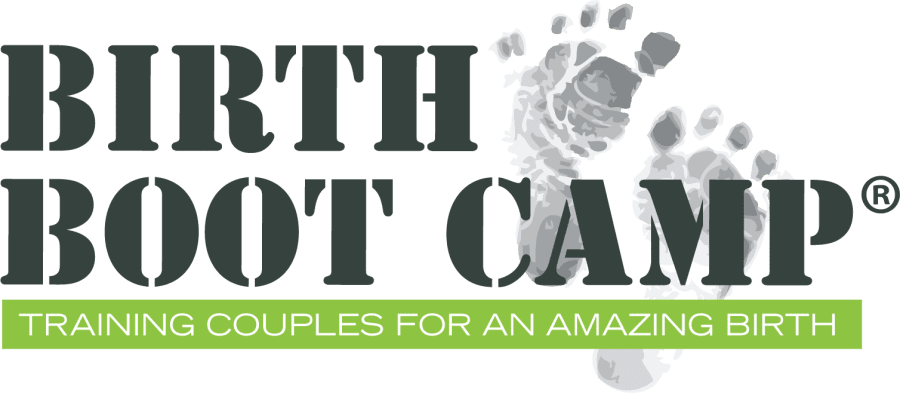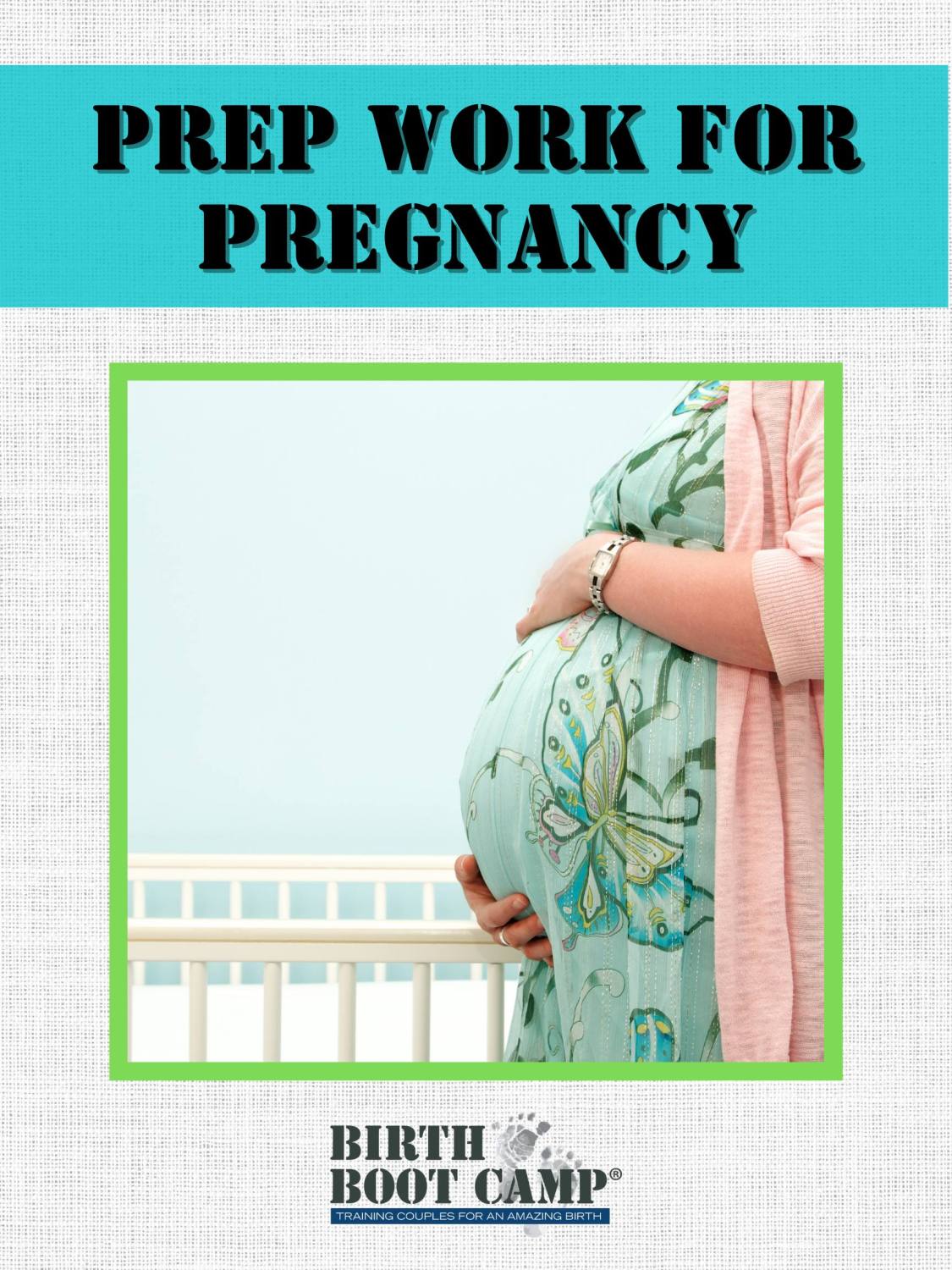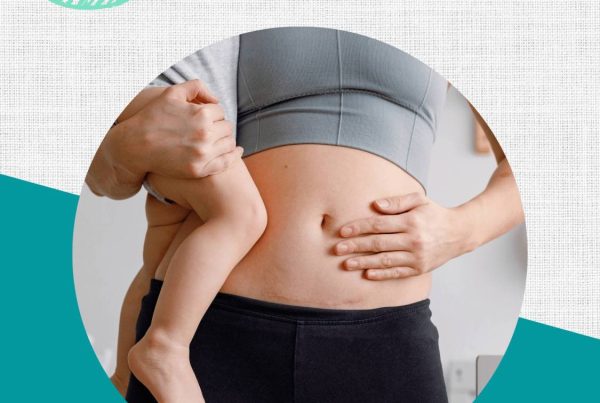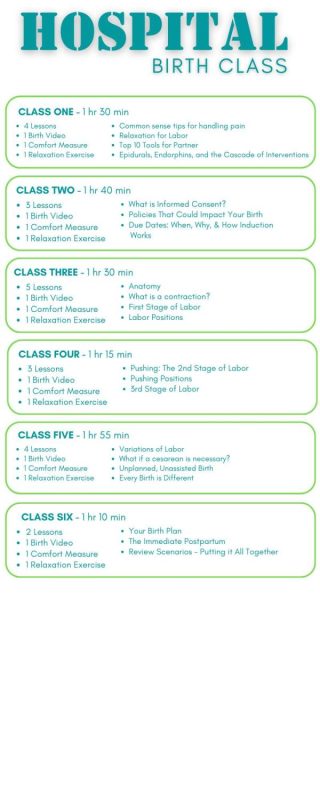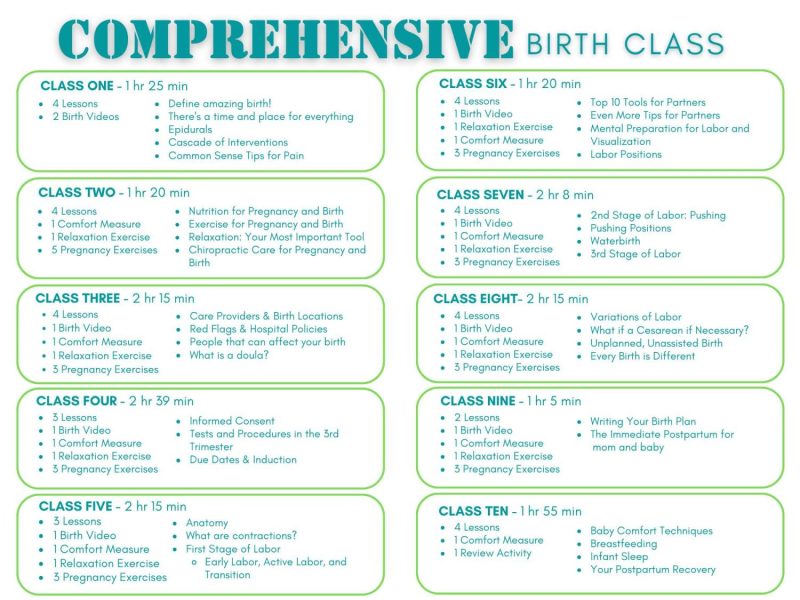Good nutrition in the 3 months leading up to when you conceive can help you get ready to create a safe and nutritious haven for your unborn and rapidly developing baby. The first 3-8 weeks of pregnancy are vital for fetal development. This is often before you even know you are pregnant! So planning and getting your body in prime condition is very important. Good nutrition habits can also increase fertility, meaning it may help you to get pregnant faster.
Women with poor nutritional status have been linked to a number of negative outcomes, both for the mother and the baby. This includes decreased fertility, gestational diabetes, neural tube defects, autism, obesity in later life, an increased risk of pregnancy complications, low birth weight babies, and a number of other risks. Wow! That’s a scary list. There is good news, though. There are small things you can do now, to be the healthiest you.
Start taking a prenatal vitamin at least 3 months prior to conception
You may not be getting enough of the proper nutrients in your diet. The right prenatal vitamin contains important nutrients that you need and may not get enough of in your diet. Look for one that is natural, meaning it doesn’t have any additives or fillers. Beware of nutritionally deficient prenatal vitamins.
Lose (or Gain) Weight
Underweight women are more likely to give birth to low birth weight babies and increases the risk of birth defects. Being underweight may also negatively affect your menstrual cycle. Overweight women have increased risks for complications in pregnancy such as gestational diabetes, high blood pressure, and can see a reduction in fertility.
Focus on Key Nutrients
- Folic Acid intake is linked to neural tube defects and 70% of cases likely could be avoided with proper folic acid intake. 800mg a day for at least 4 weeks prior to conception and continuing through pregnancy is recommended.
- Iron – in order to avoid a deficiency during pregnancy, stock up now! Eat high iron foods, make sure your prenatal vitamin has iron, and get a blood test if you are unsure of your levels. Lots of women are at risk for iron deficiency anemia. If you are deficient you can increase your intake by eating the lean meats, chicken, and iron rich vegetables.
- Essential Fatty Acids – These play a key role in brain development, so make sure to eat plenty of these good fats. Sources such as nuts, avocado, and fatty fish will give you plenty of tasty Omega-3 and Omega-6 fats.
- Iodine – Insufficient iodine levels may lead to fetal brain damage and may also increase the risk of miscarriage. 150 μg per day during preconception and 220 μg per day when pregnant are recommended.
- Zinc – Adequate levels of zinc can help increase fertility and is also important for your baby’s development. Oysters, roast beef, and peanuts are all rich in zinc.
- Vitamin D – Insufficient levels of Vitamin D have been linked to preterm birth, preeclampsia, gestational diabetes, and prenatal infections. Get your levels checked to see if you have a Vitamin D deficiency and if so, get a good supplement to increase your levels.
Quit Smoking/Taking Drugs
This one is super important and can impair fetal growth. Smoking and drug use also have a negative effect on fertility. Quit now before you start trying for a baby.
Reduce Alcohol
This is a good chance to minimize your alcohol intake. Drinking can decrease fertility and increase the risk of complications in those vital first few weeks of pregnancy.
Reduce Caffeine
Start weaning yourself off those morning cups of coffee (this one is hard!). More than 200-300 milligrams of caffeine per day may reduce fertility by 27 percent. Caffeine also impedes upon your body’s ability to absorb iron and calcium, which are needed for fetal development.
Exercise
If you don’t already have an exercise routine in place, now is the time! Exercise insures that your body is in tip top shape to handle the stresses of pregnancy.
Minimize Environmental Pollutant Exposure
Try to avoid chemicals found in paints, paint thinners, paint strippers, strong cleaning products, and insect and weed killers. They can store up in your body and be passed on to your baby leading to a higher risk of asthma, ADHD, and cancer. Eat organic to avoid pesticides and watch what fish you eat to minimize your exposure to mercury.
If you are already pregnant, it is not too late to make these changes! Remember, this is the start of your baby’s journey through life. Providing a place for them to grow where they are exposed to all the nutrients they need will set them up for a healthier life.
 My name is Vanessa Wells and I started True Nature Nutrition in 2011 with the goal of providing nutritional consulting services to the North County area, and online. I have a Bachelor’s degree from the University of Auckland. After a few years of working in an office, I returned and completed my Graduate Certificate in Human Nutrition (BS in Nutrition without all the 101 classes) and am working towards an MSc in Human Nutrition. I realized that my “dream job” was not in an office building. I love discovering how interesting and important nutrition is in life, and the impact that food has on the environment. Then my daughter was born and my eyes were opened to the world of healthy eating for life. Giving your child the best health in life begins before they are even conceived and good habits start to develop in the womb. The foundations for a lifetime of good nutrition is laid in the first few years of life. It’s my goal to help women give their children the best start possible, with healthy eating for the whole family.
My name is Vanessa Wells and I started True Nature Nutrition in 2011 with the goal of providing nutritional consulting services to the North County area, and online. I have a Bachelor’s degree from the University of Auckland. After a few years of working in an office, I returned and completed my Graduate Certificate in Human Nutrition (BS in Nutrition without all the 101 classes) and am working towards an MSc in Human Nutrition. I realized that my “dream job” was not in an office building. I love discovering how interesting and important nutrition is in life, and the impact that food has on the environment. Then my daughter was born and my eyes were opened to the world of healthy eating for life. Giving your child the best health in life begins before they are even conceived and good habits start to develop in the womb. The foundations for a lifetime of good nutrition is laid in the first few years of life. It’s my goal to help women give their children the best start possible, with healthy eating for the whole family.